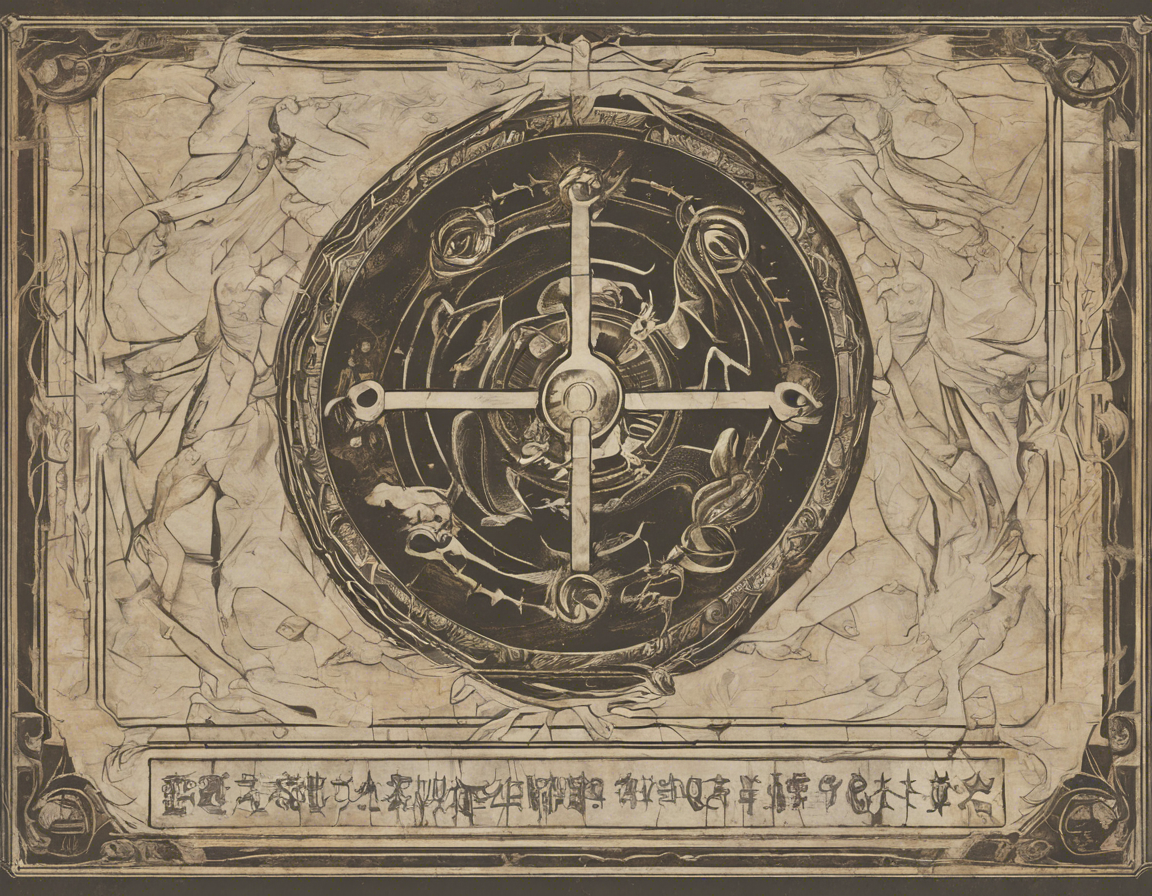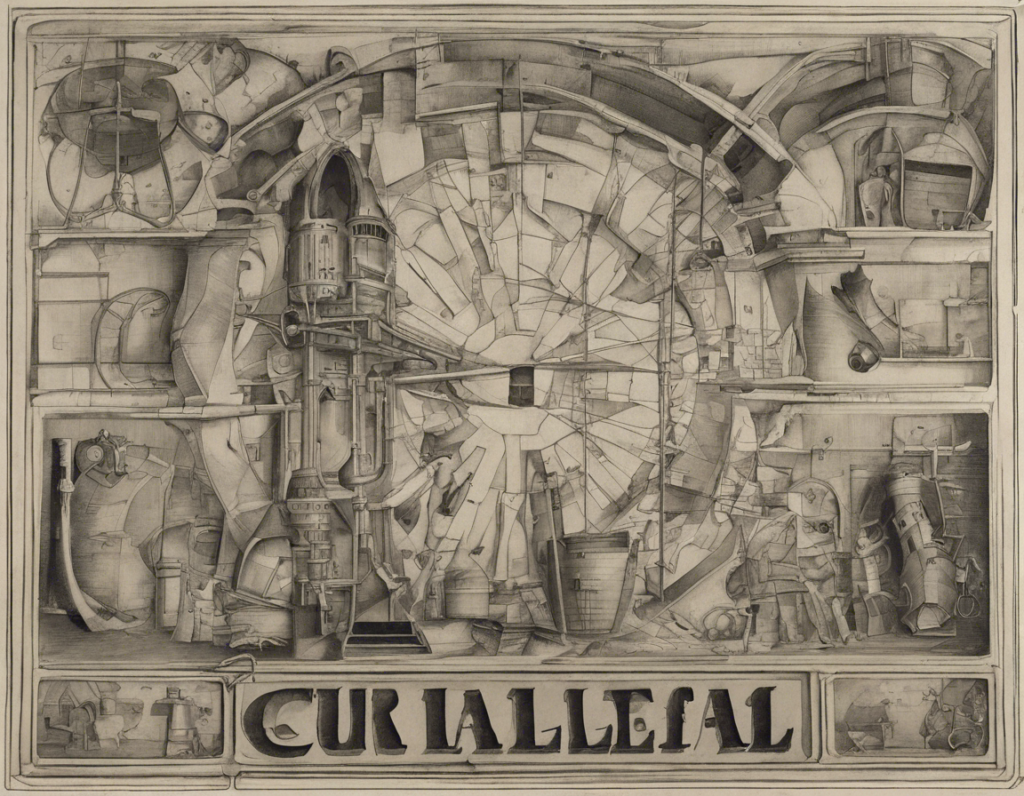
Have you ever pondered the concept of reincarnation? The idea that after we die, our soul is reborn into a new body, continuing the cycle of life, death, and rebirth? Reincarnation has long been a topic of fascination and debate, spanning across cultures and religions throughout history. In this article, we will delve into the mystery of reincarnation, exploring its origins, beliefs, evidence, and the various theories surrounding this enigmatic phenomenon.
Origins of Reincarnation
Reincarnation is a concept that can be traced back to ancient civilizations such as the Hindus and Buddhists. In Hinduism, the belief in reincarnation is intertwined with the concept of karma, the idea that our actions in this life will determine our fate in the next. Similarly, Buddhists believe in reincarnation as part of the cycle of birth, death, and rebirth, known as samsara.
Beliefs and Variations
While reincarnation is most commonly associated with Eastern religions, variations of this belief can be found in other cultures as well. The ancient Greeks and Egyptians, for example, also held beliefs in reincarnation. The Greek philosopher Pythagoras is said to have believed in reincarnation, as did many of his followers. In Egyptian mythology, the god Osiris was believed to be reincarnated after his death.
Evidence of Reincarnation
One of the most compelling types of evidence for reincarnation comes from cases of past life memories. Many children around the world have reported memories of past lives, detailing specific events, names, and locations that they could not have possibly known otherwise. Researchers such as Ian Stevenson and Jim Tucker have dedicated their careers to studying these cases, documenting them in books such as “Life Before Life” and “Return to Life”.
Theories on Reincarnation
There are various theories that attempt to explain the mechanics of reincarnation. Some believe that reincarnation is a natural process of the universe, souls returning to learn lessons and evolve spiritually over many lifetimes. Others view reincarnation as a means of soul growth and progression, with each lifetime offering opportunities for growth and enlightenment. The idea of soul contracts and life plans also plays a role in some theories of reincarnation, suggesting that souls choose their lessons and experiences before each lifetime.
Debunking Common Myths
Despite the enduring fascination with reincarnation, there are several myths and misconceptions surrounding the phenomenon. One common myth is that reincarnation is a form of punishment or reward based on past actions. In reality, reincarnation is seen more as a process of learning and evolvement than a system of reward and punishment. Another myth is that reincarnation is limited to human souls; some belief systems suggest that animals and even plants can also be reincarnated beings.
The Role of Regression Therapy
Regression therapy, particularly past life regression, has gained popularity in recent years as a means of exploring reincarnation. Through hypnosis or deep relaxation, individuals can access memories and experiences from past lives, gaining insight into their current lives and relationships. While controversial, many people have reported profound healing and growth through past life regression therapy.
Reincarnation and Spirituality
Reincarnation is intertwined with spirituality and the journey of the soul. For many, the belief in reincarnation offers hope and meaning, suggesting that life is not just a random series of events but a purposeful evolution of the spirit. The concept of karma is also closely linked to reincarnation, with the idea that our actions in this life will shape our fate in future lives.
Exploring Reincarnation in Popular Culture
Reincarnation has long been a popular theme in literature, film, and television. From classics such as “The Reincarnation of Peter Proud” to more recent hits like “Cloud Atlas”, reincarnation continues to captivate audiences with its mystical and intriguing possibilities. Popular TV shows like “The OA” and “The Good Place” have also explored reincarnation and life after death in unique and imaginative ways.
Common misconceptions about Reincarnation:
Q: Is Reincarnation only a belief in Eastern religions?
A: While reincarnation is commonly associated with Eastern religions, beliefs in reincarnation can be found in various cultures throughout history.
Q: Can animals or plants be reincarnated?
A: Some belief systems suggest that not only humans but animals and even plants can also be reincarnated.
Q: Is Reincarnation a form of punishment or reward?
A: Contrary to popular belief, reincarnation is not typically viewed as a system of punishment or reward, but rather as a process of learning and growth.
Q: How can someone explore Reincarnation through regression therapy?
A: Past life regression therapy, which involves hypnosis or deep relaxation, is a popular method for exploring reincarnation and past lives.
Q: Do all cultures and religions believe in Reincarnation?
A: While reincarnation is more prevalent in certain cultures and religions, variations of this belief can be found in different traditions around the world.
Conclusion
Reincarnation remains a mystery that continues to intrigue and inspire people around the world. Whether viewed as a spiritual truth, a philosophical concept, or a psychological phenomenon, reincarnation offers us a glimpse into the potential transcendence of the soul beyond the physical realm. As we continue to explore the depths of consciousness and existence, the enigma of reincarnation will likely persist as a source of contemplation and wonder for generations to come.
Latest Articles
- Comprehensive Guide to Fence Installation: Choosing the Right Materials and Services
- Exploring Common Home Pollutants and Their Impact
- Tips For Indian Stock Market: A Comprehensive Guide for Investors
- RRB Technician Vacancy 2024: Everything You Need to Know!
- Countdown to Election 2024: Assam’s Political Landscape

Exploring the Benefits of Curaleaf Wells: Your Ultimate Guide

Unpacking the Powerful Wham Strain: Benefits and Effects

Unveiling the Unique Characteristics of Lemon Jack Strain

